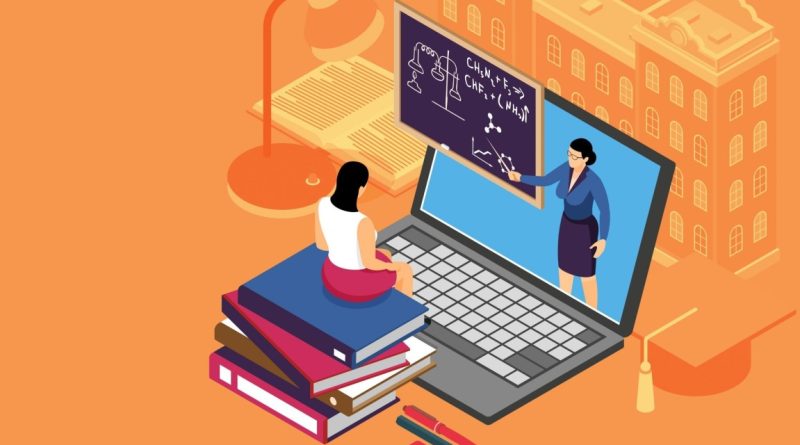Empowering Education: The Rise of Online Learning in the Philippines
In the Philippines, the landscape of education is undergoing a significant transformation with the increasing popularity of online learning. As technology continues to advance and connectivity becomes more accessible, online learning platforms are revolutionizing the way students access education.
In this article, we explore the phenomenon of online learning in the Philippines, its benefits, challenges, and its impact on the future of education.
- The Emergence of Online Learning Platforms:
In recent years, online learning philippines platforms have gained traction in the Philippines, offering students a convenient and flexible alternative to traditional classroom-based education. These platforms provide a wide range of courses and programs across various disciplines, allowing learners to pursue their educational goals from the comfort of their homes. With the advent of high-speed internet and the proliferation of smartphones and laptops, accessing online learning has become more accessible than ever before.
- Accessibility and Convenience:
One of the primary advantages of online learning in the Philippines is its accessibility and convenience. Students no longer need to commute to physical classrooms, saving time and money on transportation expenses. Instead, they can access course materials, lectures, and assignments from anywhere with an internet connection, allowing for greater flexibility in their schedules. This accessibility is particularly beneficial for students who may have other commitments, such as work or family responsibilities.
- Diverse Course Offerings:
Online learning platforms in the Philippines offer a diverse range of courses and programs to suit the needs and interests of students. From academic subjects like mathematics and science to vocational courses in IT and business, there is something for everyone. Additionally, many platforms partner with reputable institutions and industry experts to offer high-quality content and certifications, ensuring that students receive a valuable and relevant education.
- Personalized Learning Experience:
Online learning allows for a personalized learning experience, where students can progress at their own pace and tailor their studies to their individual learning styles. With access to a wealth of resources, including video lectures, interactive quizzes, and online forums, students can engage with course materials in ways that suit their preferences and abilities. This personalized approach to learning can lead to better retention of information and improved academic performance.
- Flexibility for Working Professionals:
For working professionals in the Philippines, online learning offers a flexible pathway to furthering their education and advancing their careers. Many online courses are designed with the needs of working adults in mind, offering evening or weekend classes that can accommodate busy schedules. This flexibility allows professionals to continue their education without having to take time off from work or sacrifice their existing commitments.
- Challenges and Considerations:
While online learning offers many benefits, it also presents certain challenges and considerations. One of the main challenges is ensuring that students have access to reliable internet connectivity and appropriate technology devices. In a country like the Philippines, where internet infrastructure may be unevenly distributed, this can be a significant barrier to participation in online learning. Additionally, online learning requires self-discipline and motivation, as students must take initiative and manage their own study schedules.
- The Future of Education in the Philippines:
As online learning continues to grow in popularity, it is poised to play an increasingly significant role in the future of education in the Philippines. With its accessibility, flexibility, and diverse course offerings, online learning has the potential to democratize education and provide opportunities for learners from all backgrounds. However, it is essential that policymakers, educators, and technology providers work together to address the challenges of online learning and ensure that all students have access to quality education resources.
Conclusion:
In conclusion, online learning is transforming the educational landscape in the Philippines, offering students greater access to education and opportunities for personal and professional development. With its accessibility, flexibility, and personalized learning experience, online learning has the potential to revolutionize the way education is delivered and accessed in the country. As technology continues to advance and connectivity improves, online learning will play an increasingly vital role in shaping the future of education in the Philippines.



